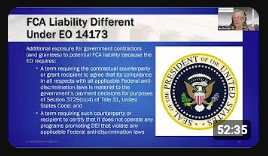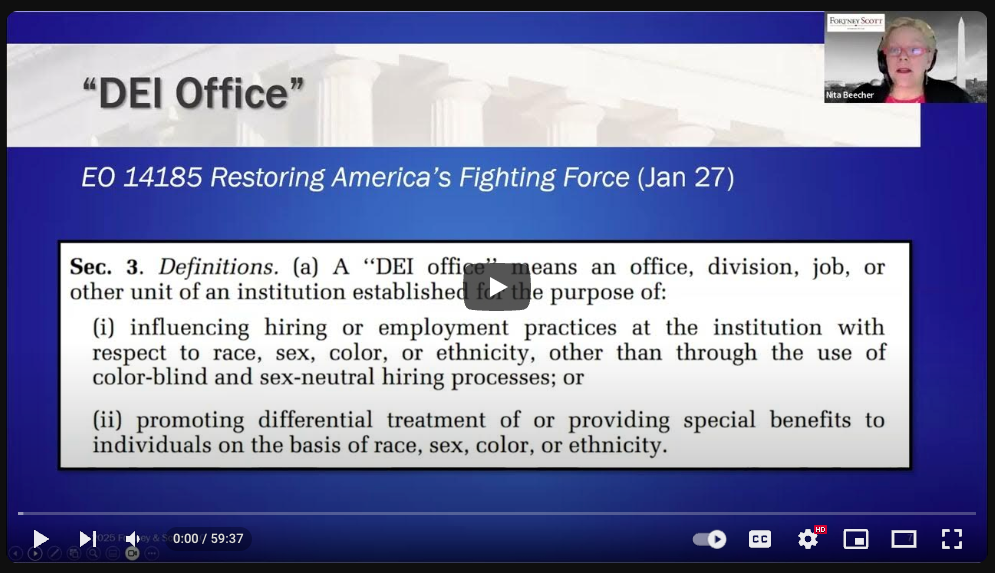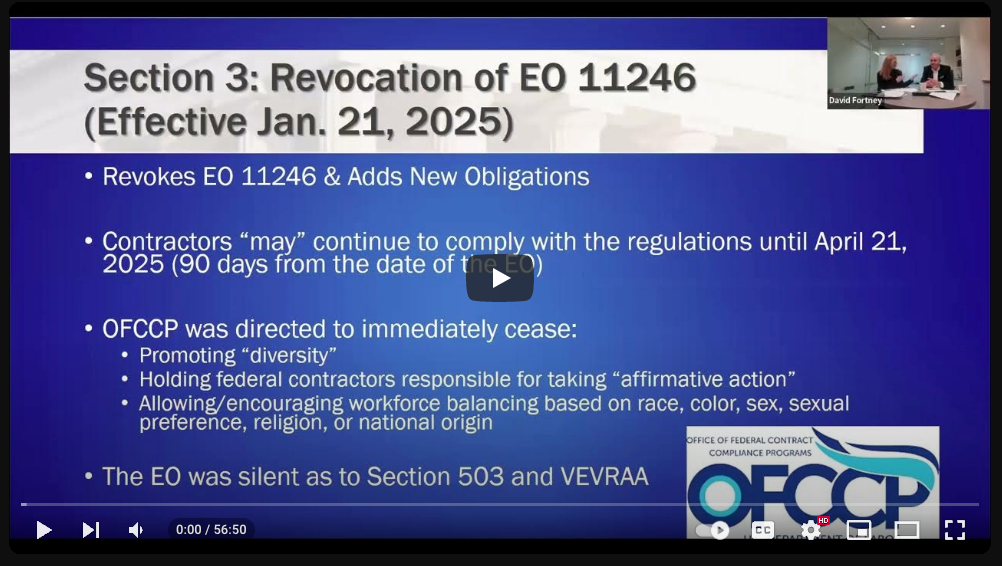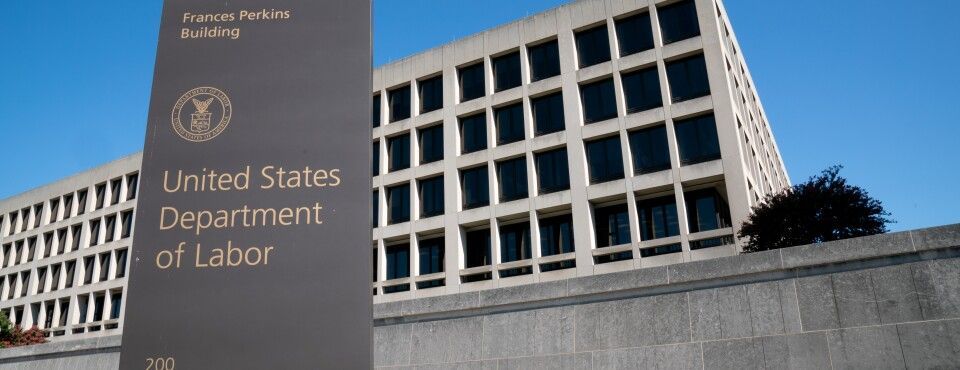Proposed Changes to Clarify Federal Gift Rules May Muddy Waters on Gift-Giving
Federal contractors of all types are subject to specific rules on gifts to government officials. When considering whether to host a holiday party, give a gift or event commemorative, or provide a service or intangible to a public official or employee (the “official”), Federal contractors need to consider the special ethics rules that apply to the official with whom they interact.
Federal statutes prohibit the offer or acceptance of bribes, kickbacks and gratuities. In addition, Federal ethics rules restrict the giving of gifts, including invitations to events, to an official because of the official’s position, or because the contractor has an interest that may be substantially affected by the performance or non-performance of the official’s public duties. Under existing gift rules, an official is not permitted to solicit or accept gifts from outside sources unless an exception or exclusion applies.
The Office of Government Ethics (OGE) has proposed changes to clarify its rules on solicitation and acceptance of gifts that may make gift-giving more uncertain. Examples of these changes include the following:
1.Currently, the giving of a gift to a public official because of his/her position is prohibited unless it falls under an applicable exception or exclusion. Gifts may cover any “thing of value”, such as discounts, loans, food, events, artwork, transportation, in-kind services. The proposed rules would change the definition of “gifts” and applicable exclusions and exemptions.
2. OGE proposes to encourage government officials to consider declining otherwise permissible gifts based on a new “flexible non-binding” standard -i.e., if a reasonable person would question the official’s integrity if he or she were to accept a gift from an outside source such as a federal contractor. OGE proposes eight potential factors to be considered by the official in making the assessment:
- (i) market value of the gift,
- (ii) whether the donor may be substantially affected by performance or nonperformance of the official’s duties,
- (iii) whether the official would feel a sense of obligation,
- (iv) whether the gift would create an appearance of preferential treatment,
- (v) for an event gift, whether the government provided persons with views or interests that differ from the donor,
- (vi) whether the event is open to the public or news media,
- (vii) whether the gift would cause a reasonable person to question the official’s ability to act impartially,
- (viii) whether the gift would interfere with the official’s conscientious performance of duties.
In applying these factors, OGE would focus employees and ethics officials on “whether acceptance of the gift could affect the perceived integrity of the employee or the credibility and legitimacy of the agency’s programs.” 80 Fed. Reg. 700
3. Current OGE rules provide that written authorization to accept an invitation to a widely attended gathering (WAG) is only required where the individual entity, or members of the organization inviting the official, have interests that may be substantially affected by the performance or nonperformance of the official. The proposed OGE rule would exempt a WAG expected to provide an opportunity to exchange ideas and views among invited persons, but only if the invited official obtains advance written authorization. Depending on the circumstances, an event that is not expected to be attended by more than 100 people may not qualify as a WAG.
Conclusion:
Gift-giving rules are numerous, complex and changing. Before offering any “thing of value” to an official, it’s important to carefully analyze whether the “gift” would fall under an exception or exclusion to current or proposed Federal gift-giving restrictions.
Contact us for assistance analyzing your requirements under these rules and/or seeking formal agency ethics officer approval of applicable exemptions or exclusions.

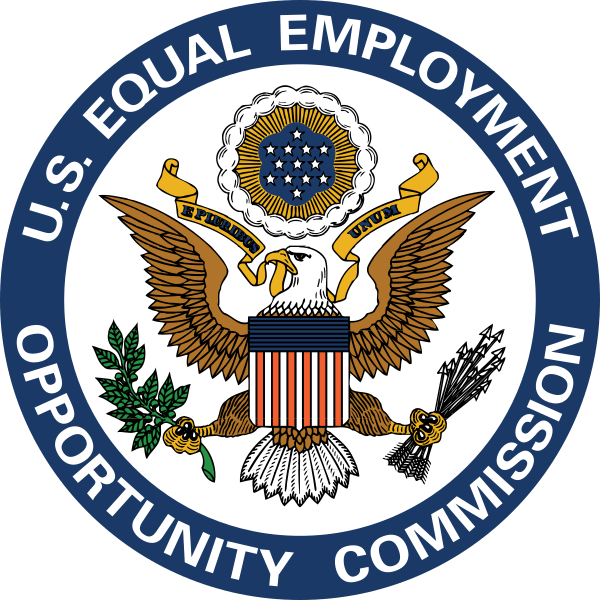






All Rights Reserved | Powered by AutomationLinks | Terms & Conditions | Privacy Policy


